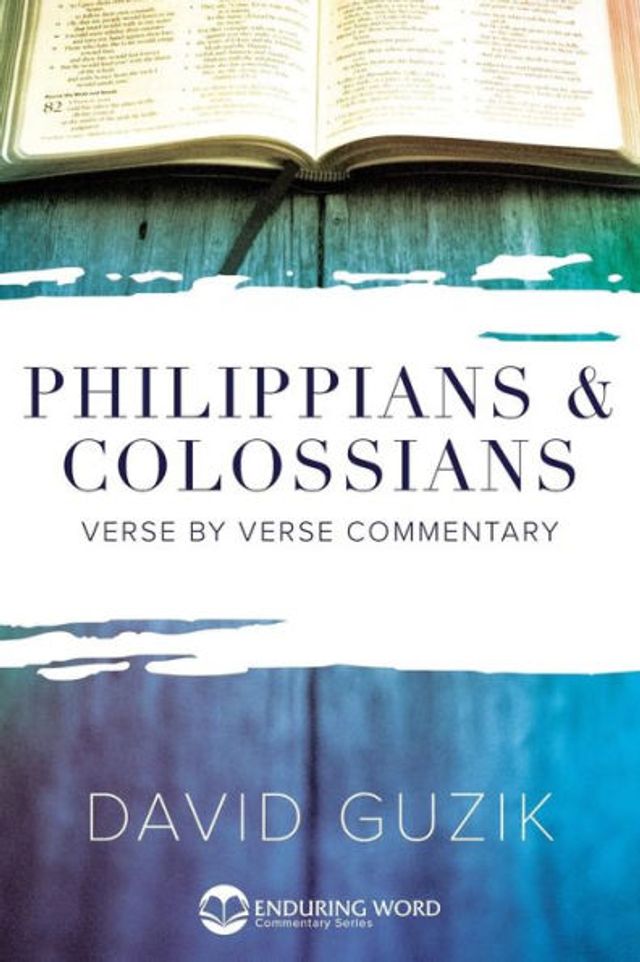Home
Commentary on the Church: Unabridged Commentary with Inline Scripture for Every Book including Acts, the Letters of the Romans, Corinthians, Galatians, Ephesians, Philippians, Colossians, Thessalonians, Timothy, Titus, Philemon, Hebrews, James, Peter, Joh
Loading Inventory...
Barnes and Noble
Commentary on the Church: Unabridged Commentary with Inline Scripture for Every Book including Acts, the Letters of the Romans, Corinthians, Galatians, Ephesians, Philippians, Colossians, Thessalonians, Timothy, Titus, Philemon, Hebrews, James, Peter, Joh
Current price: $33.03


Barnes and Noble
Commentary on the Church: Unabridged Commentary with Inline Scripture for Every Book including Acts, the Letters of the Romans, Corinthians, Galatians, Ephesians, Philippians, Colossians, Thessalonians, Timothy, Titus, Philemon, Hebrews, James, Peter, Joh
Current price: $33.03
Loading Inventory...
Size: OS
*Product Information may vary - to confirm product availability, pricing, and additional information please contact Barnes and Noble
This volume of Matthew Henry's well-known
provides an exhaustive verse-by-verse study of the last twenty-three books of the New Testament, also known as the Apostolic History, Pauline epistles, General Letters, and the Apocalypse. This is a faithful printing of the Henry's
retaining the original volume preface, chapter analyses, inline scripture, passage titles, and all of Henry's unabridged remarks and observations. Tasteful formatting updates have been applied to make it easier for the reader to lookup and analyze specific verses.
This monumental work dates from 1714 and has stood the test of time. Even today after three centuries this commentary is still gets recommended by popular modern-day preachers like John Piper of DesiringGod.org. Famous evangelical Protestant preachers such as George Whitefield and Charles Spurgeon used and heartily commended the work, with Whitefield reading it through four times - the last time on his knees. Spurgeon stated, "Every minister ought to read it entirely and carefully through once at least."
Henry's comments are primarily exegetical, dealing with the scripture text as presented, with his prime intention being explanation, for practical and devotional purposes. While not being a work of textual research, Henry's
gives the result of a critical account of the original as of his time, with practical application. It was and still is considered sensible and stylish, a commentary for devotional purposes.


















